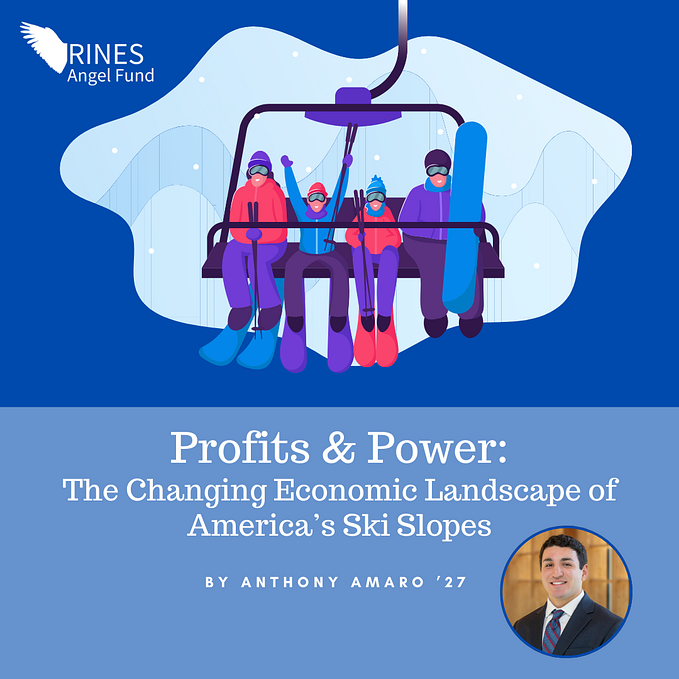The Extra Point is Good: Investments by the NFL Continue to Rise

By Connor Dawson ’25 Associate
Two weeks ago, the NFL capped off the 2023–24 season of football with the Super Bowl. This game had several firsts. It was the first Super Bowl in Las Vegas, and it was the first broadcast ever to receive more than 123.7 million viewers. Now, an argument can be made that this Super Bowl was a one off, a combination of a team that hasn’t made the big game in over twenty five years going up against the NFL’s next great dynasty makes this a game to watch, and you can’t forget about Taylor Swift. Surely some people only tuned in to see if she would make it to the game? A quick google also shows us that the TV ratings for the NFL are down, with many people choosing not to watch anymore for a variety of reasons, ranging from players political opinions, to people concerned about players getting seriously injured during the game. However, this is not the case. The NFL has in fact become even more dominant this season, with Nielsen reporting that 93 of the top 100 highest rated shows were NFL games. With this in mind, it is no surprise that investment activity by the NFL has risen over the past few years.
First, it is important to understand how the NFL makes money. The league makes money from a variety of different sources, and classifies this revenue as national or regional. National revenue is something most readers are likely familiar with, as national revenue includes the league’s TV deals. These deals are massive, and may be worth over $100 million. However, what you may not know is that the national revenue also includes licensing deals. The league has a massive amount of protected licenses, including team logos, colors, names, and even names of games like the Super Bowl. Overall, the league makes quite a bit of money from these deals, and the profits from them are split evenly among the 32 teams.
However, not all revenue is split equally. Regional revenue consists of ticket sales, concessions, and corporate sponsorships, and these are earned individually by each team. Tickets are a large source of revenue, and with the average ticket costing $151, and most stadiums seating around 70,000, a team can easily clear $10,570,000 on average per game, assuming that the game is sold out. Concessions income is also retained by the teams, and though it doesn’t make as much money as ticket sales does, the margins on food and drinks are high, and changing the prices is a lot simpler than renovating a stadium to add new seats. Corporate sponsors round out the revenue stream for teams. Many corporations are willing to pay quite a lot of money to have their name on the side of a stadium, with Levi Strauss paying $170 million for the rights to San Francisco’s stadium. Smaller options are also available for companies who can’t afford to spend hundreds of millions on a stadium.
Founders who read this page may be excited to hear that they can benefit from the continued growth of the NFL. Since 2013 the NFL has run 32 Equity, a venture fund that was formed with a contribution of one million from the owners of every team. This fund has been used to invest in corporations like Fanatics, a sports retail company, and Genius Sports, a sports data and analytics firm. It’s also been used to invest in some unusual companies that don’t appear to be in the sports industry, such as Woof, a pet centric marketplace. However, founders who are hoping to get money from the league will likely find the most success by offering products that are tailored towards athlete success, data analytics, or if they are able to work with the NFL to create a sponsored product, such as clothing or a video game. 32 Equity has an average annual return of 30%, showing that so far the NFL has shown that they are able to beat the curve, as the average VC only has returns of 27%.
Regardless of your status as founder, athlete, owner, or fan, sports viewership in the US has led to new opportunities for people on all sides of the field. The question is: What play are you going to call?
Connor is a junior from Londonderry New Hampshire, pursuing a degree in business administration with an accounting option. Over the summer, Connor was an audit intern with Marcum LLP, where he worked in Municipal Audit. Connor is excited to learn more about private equity, and continue to work with his many talented colleagues in the fund.










